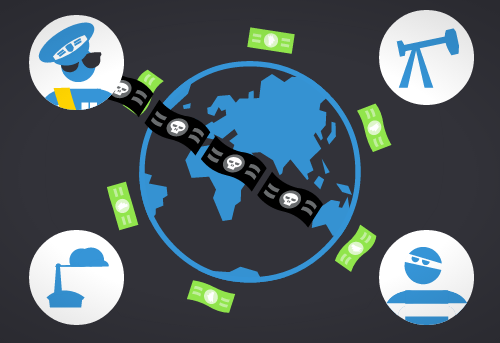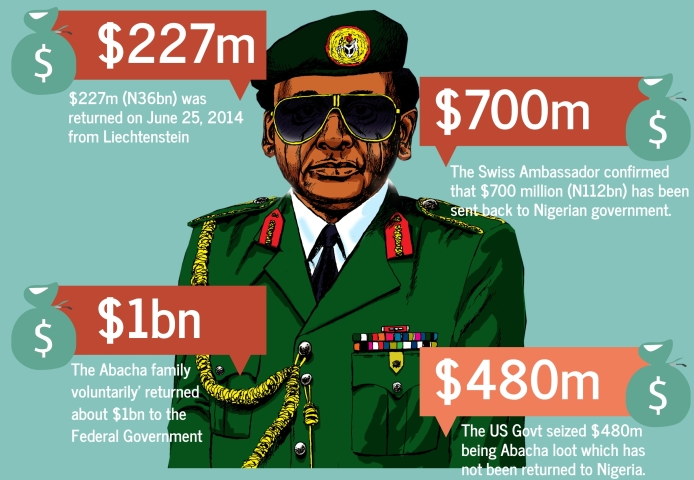Newsletter #6: sent!
(and archived if you missed it)
Work-wise: writing an article on how data and technology can be used by marginalised communities to strengthen their advocacy work; happily seeing my post on the ethics of algorithms shared far and wide; researching and writing more articles – soon to be published!
Links-wise: livestreaming and citizen media, the cost of racial inequality, the cost of domestic violence, the price of shame, the future of privacy, sketching courtrooms, Salt-N-Pepa and Rihanna’s new single and serious brow game.
If you are not yet a subscriber: subscribe now!

